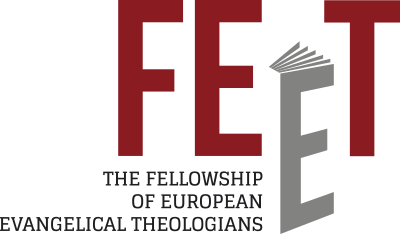EJT - Current Issue
The new issue contains no fewer than eight articles, written by authors from many different European countries. The Editorial is by the Dane Jeppe Bach Nikolajsen, a member of the editorial board. The issue then opens with two articles on Paul: another Dane, Klaus Vibe, shows that the apostle rejected the Greek elite culture (paideia) of his time, and the German Christoph Stenschke surveys the contacts between churches as they are reflected in 1 Thessalonians. Stenschke argues that our current practice can learn from the close connections he uncovers.
The Dutch scholar Ad de Bruijne discusses the crisis of western democracy and the ways in which European Christians can respond to it. The Ukrainian Sergiy Sannikov reviews the influence of the movement for liturgical renewal and British Baptist sacramentalism on the views on water baptism articulated by theologians in the former Soviet Union. He argues that the question of what saves – faith, repentance or baptism – is incorrect because it does not take into account the integrity of the process of salvation.
The Czech Jana Hradová argues against Anselm Grün and others that sickness and suffering are not to be considered as positive signals from God. With Karl Barth she argues that the church should try to eliminate all suffering. The Russian-German Johannes Reimer chides the Evangelicals for their dividedness, arguing for a more positive contribution to society by a united church.
Stephen Williams from Northern Ireland responds to the papal encyclical Laudato Si’: we should affirm what it is trying to achieve, although the theology on which it is based is highly problematic. Finally the Englishman Philip Fellows shows that conversion is a process and discusses how the church can facilitate this through effective missionary activity. Two important recent books on mission in Europe are reviewed at length, and there are the usual shorter reviews as well, by reviewers from all corners of Europe.

